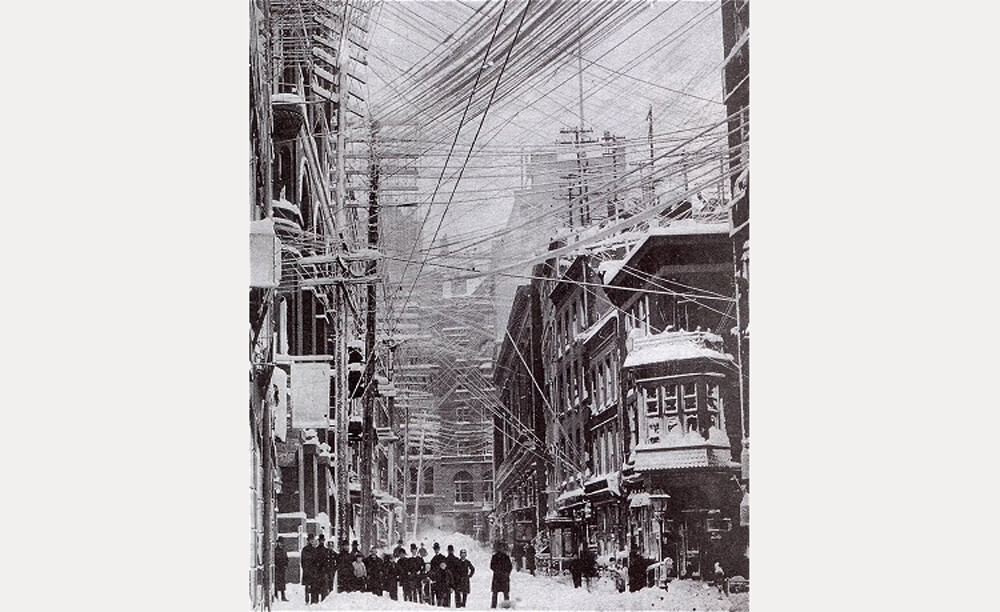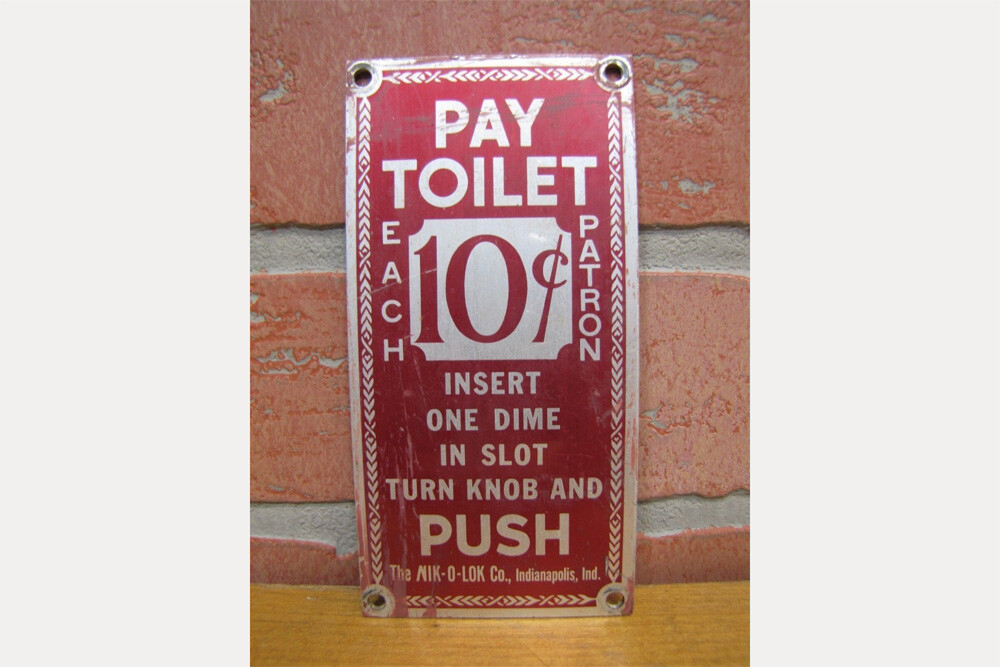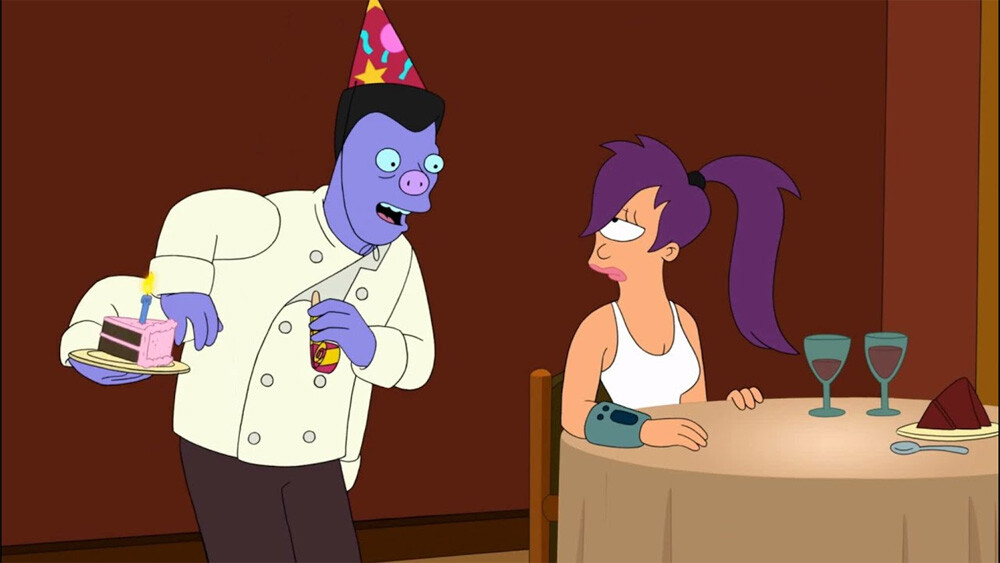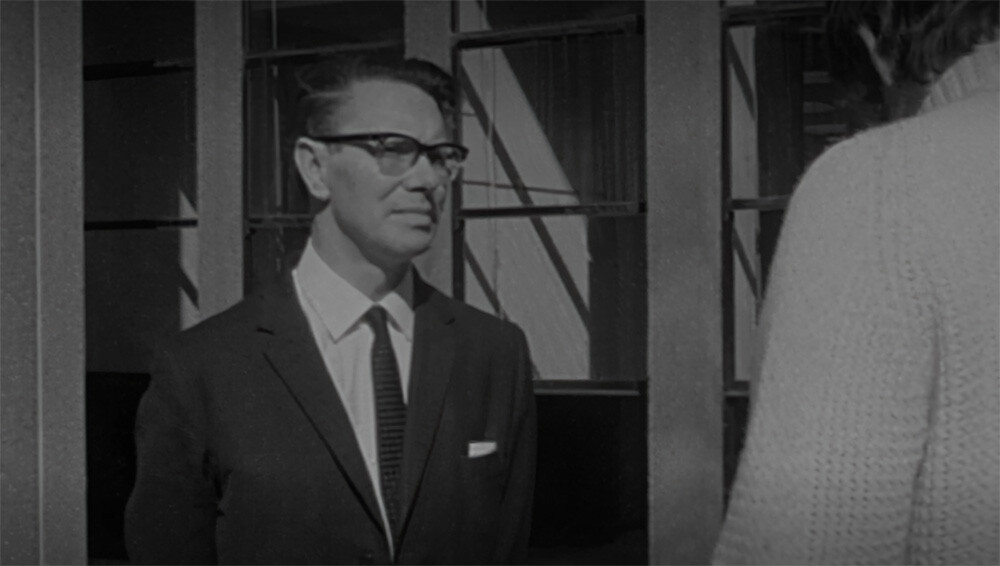It feels like the world steadily gets greedier, burying you in ever more fees. Usually, it’s because some price used to be low to lure you in, and now that they’ve switched to a normal price, we’re all outraged that a company dares to charge money for services.
But this doesn’t always work in just one direction. Sometimes, people gladly pay for something, until later, everyone decides, “Nope. That doesn’t make any sense.” Eventually, no one even remembers that people used to have to pay for stuff like…
Receiving Mail
Don’t Miss
For almost a century, when you sent a letter through the U.S. Postal Service, you were paying to send it to a post office, not to someone’s house. The recipient would have to go to their local post office to collect their mail from there, much like how PO boxes work today. If they wanted the mail to come right to their door, that was an option, in some cities. But they needed to pay the post office for this privilege, separate from the postage you paid for sending the letter to them.
It took till 1863 for the postal service to introduce free home delivery. They didn’t adopt this as a public service exactly. Instead, the postmaster general suggested that free delivery would increase revenues by encouraging people to mail more stuff. This argument was so good that Congress didn’t say, “Dude, there’s a Civil War going on. We have more important things to worry about right now.” They said, “That’s a great idea. And actually, the war makes this an especially good idea, because lots of soldiers are writing home around now.”
So, today, receiving mail is free. Or it’s baked into the cost of sending, depending on how you want to look at it.
Rescue
A huge blizzard hit New York and nearby states in 1888. People sometimes called it the Great White Hurricane, even though it wasn’t a hurricane, because we were all still figuring out how words work. All transport halted for days. Power lines and telegraph lines went down, convincing people that maybe those should go underground.

Manhattan had elevated trains back then, and the snow fell so fast that those got stuck on the tracks, stranding passengers in the air. Some enterprising people erected ladders up to the tracks and let passengers descend down them — for a price. If they didn’t pay, they stayed stuck up there.
This disaster convinced Boston to invent some sort of subterranean railway, and New York would end up following their example. Subways offer a lot of advantages over elevated trains. They do have their own weaknesses, though. They’re vulnerable to flooding, for example, when an actual hurricane comes by.
Peeing
When Europeans and Americans rib each other about whose homeland is worse, they fall back on a few familiar points. Americans say Europe is terrible because people smoke everywhere. Europeans say America is terrible because people can’t smoke everywhere. And Americans point to the absurdity of European “pay toilets.” Your first impression of Prague will be a poor one if it involves getting off the train and heading toward the restrooms and immediately being paywalled out.
But America used to have plenty of pay toilets. In 1970, the country had 50,000 of them. You needed to pay a dime to open a toilet stall (that’s almost a dollar in today’s money), and if you couldn’t afford that, maybe you’d crawl under the locked door to access the stall, defiling yourself in your desperation.

By the end of the 1970s, pay toilets had almost all vanished, thanks to lobbying by a group called the Committee to End Pay Toilets in America. Four high schoolers founded this group, and along with arguing that pay toilets violate the universal right to pee, they successfully argued that they’re sexist, since stalls charged money while urinals did not.
Toilets are now free to all. They’re also, as a result, sometimes much dirtier than they’d otherwise be. But if people were locked out of those toilets, they’d probably be relieving themselves in alleyways, and that would be even dirtier.
‘Happy Birthday’
This one’s within the memory of plenty of people reading this. But as time goes by, it feels increasingly insane that we used to have to pay Warner Bros. for the right play the song “Happy Birthday.” Warner Bros. owned the copyright on the song. In 2008, if you put the song in a movie, you had to pay Warner Bros. $5,000 to $30,000.
For years, characters would sing “For He’s a Jolly Good Fellow” when the birthday cake came out, to save the production money. If you went out to a meal and the restaurant brought a cake to your table, they couldn’t legally play any version of the song without paying, as that would count as a public performance. So, the servers would often sub in their own custom birthday song.

Fox
What a day for a birthday! Let’s all have some cake.
This ended, not because the copyright on the song expired but because a 2016 lawsuit proved that Warner Bros. had never had a valid copyright claim on the song in the first place. And it’s not because the lyrics and melody are too basic to copyright. It’s because the company had never copyrighted those lyrics or melody but copyrighted just one specific piano arrangement from 1935.
They now had to pay $14 million to settle the lawsuit. That’s around seven years’ revenue off the song but is just a tiny fraction of what they’d wrongly made off it over the years.
Sunlight
When lashing out at the world’s greed, people sometimes ask: What wouldn’t companies charge for? Would they charge us for oxygen, if they could? Would they charge us for sunlight? And the answer to these questions is: They couldn’t charge for those because those aren’t scarce. If oxygen had to be manufactured, rather than existing naturally in such abundance that we couldn’t consume it all if we tried, then yes, companies would charge for it, else we’d run out.
As for sunlight, companies have tried charging for that, without manufacturing it. Starting in the 19th century, British railways charged people next to the track in Scarborough for access to sunlight that passed over the track and into their home. As one railway spokesman put it, “An owner of property is entitled to receive light only from perpendicularly above his property. He is not entitled as a matter of right to receive light laterally across the land of another.”

BBC
“In fairness, even most British people think this is nonsense.”
In at least one case, when a homeowner refused to pay, the railway built a shed that blocked light from reaching the house. Some homeowners escaped the tax by having walls without windows — they did not benefit from sunlight passing over the railway’s property, so they did not owe the railway anything. Scarborough went on paying this tax for more than a hundred years, till the railway tried raising the fee by 2,000% and BBC did a report shedding light on the issue.
The issue of sunlight access continues to be litigated worldwide today, but it’s now a matter of sometimes banning either party from building something that obstructs light to the other, rather than making one party pay the other a tax. The sunlight fee never made much sense. If sunlight passed over the track to houses in the morning, it passed in the other direction in the afternoon, so a homeowner may as well have charged the railway so they could see the light.
Follow Ryan Menezes on Twitter for more stuff no one should see.

